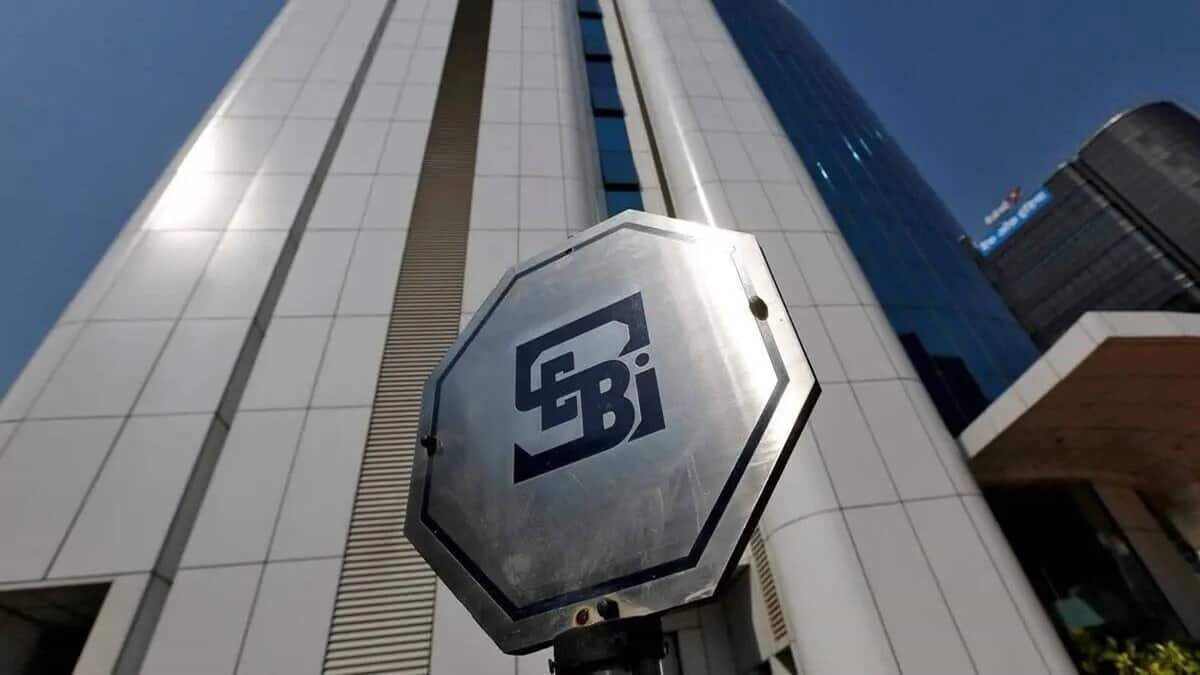The proposal of the Securities and Exchange Board of India (Sebi) to introduce an Asba-like block mechanism for the secondary market will reduce float, increase working capital requirements and borrowings of brokers, impact brokerage rates and lead to further consolidation in the broking industry, said experts.
The move, if implemented, will help protect client funds and securities from the possibility of misuse or default by a stock broker. This will, however, impact the float available with brokers and the interest income on float. Accordingly, brokers may have to increase brokerage charges to offset the impact.
This is similar to Application Supported by Blocked Amount (Asba)-like facility already available for the primary market which ensures that money from an investor gets moved only when an allotment happens.
“Misuse of funds by brokers will go down drastically since most of the money will be handled by clearing corporations (CCs). Brokers, who are dependent on 90-day float money, will be forced to do a rethink on their business models and pricing structure. The present rates, especially of discount brokers, cannot be sustained,” said B Gopkumar, CEO, Axis Securities.
Smaller brokers will face a bigger problem because they may not have the money to pay margins to the exchange, he said. At present, these brokers take client margins, park it as fixed deposits and take a bank guarantee against that.
According to Icra, brokers will not be required to allocate any collateral for clients under the UPI block facility since CCs will directly maintain or update the client collateral value. This may lower compliance burden on brokers. However, the move will result in an increase in the working capital requirements and borrowings of brokers as some brokers partially use clients’ funds for placing margins on bank guarantees (BGs), and such BGs are placed with clearing corporations. Besides this, the investment in developing necessary interfaces will go up.
Also read: Bank Nifty tanks more than 3%, here’s why; these PSU stocks are leading losses
“The trend of consolidation in the broking industry is expected to continue, with smaller broking players ceding market share to more established broking entities. Overall, the proposal, if implemented, will further strengthen the industry structure and improve financial discipline, which is critical, given the fiduciary responsibility of brokers,” said Icra in a recent note.
According to the Sebi proposal, the UPI mandate service of single block and multiple debits can be integrated with the secondary markets to provide a block mechanism. Under the proposed framework, funds shall remain in
the client’s account but will be blocked in favour of CC, which can debit funds from the client’s, limited to the amount specified in the block.
While a UPI block shall be considered towards the collateral, upon creation, the same shall also be available for settlement purposes – the block can be
debited multiple times subject to available balance. Settlement will be done by CC directly with clients for funds and securities, without any need to go through the pool account.
“While it could be relatively easier for investors of discount brokers, brokers offering online platforms and bank brokerages where the investors could be tech-savvy and familiar with the nuances of the UPI block, challenges could remain for migrating other customers. Some temporary incentives could be provided to investors for faster adoption of the UPI block,” said Icra.
Tags: 上海 新茶 微信YH, 上海千花论坛XCB, 保定兼职YX, 合肥洗浴HX